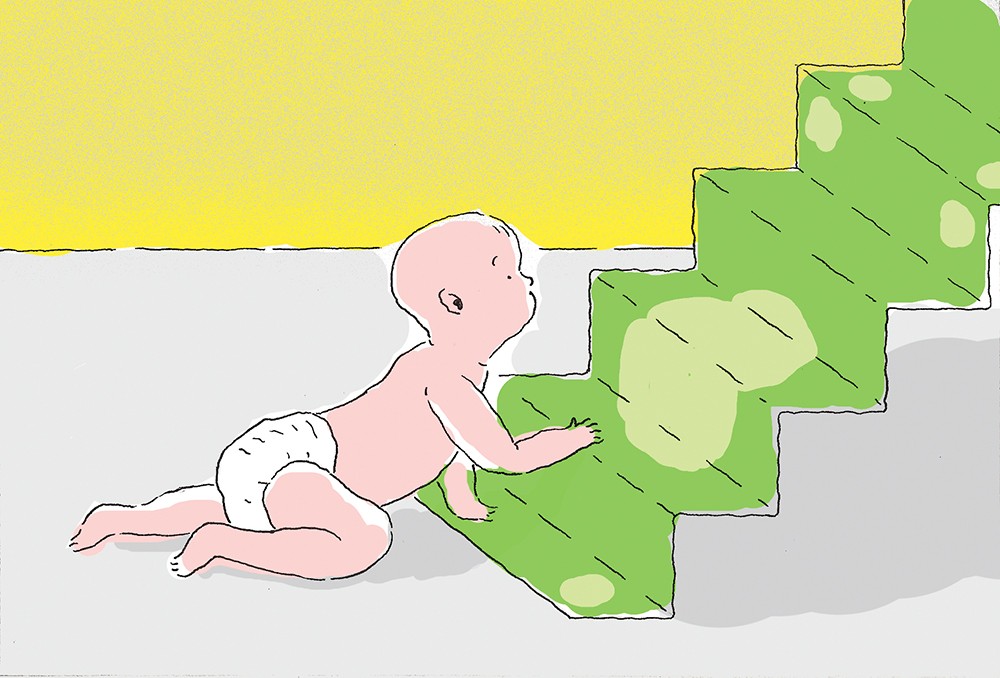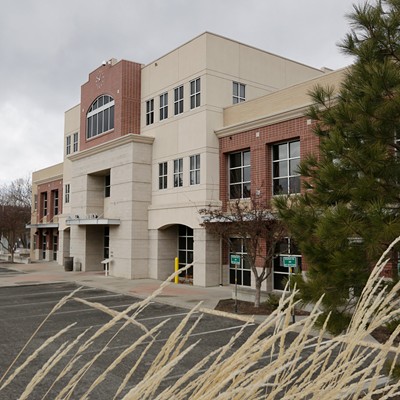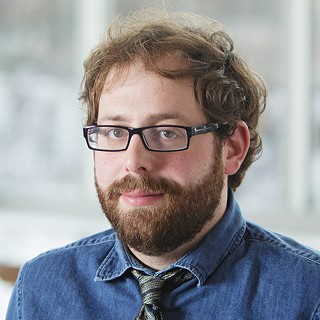We live in a world where far too many are suffering far too often. Sadly, this is true not just of our world, but our nation. More than 600,000 people are homeless. More than 15 million children live in food-insecure households. Tens of millions more Americans live in poverty.
Conservatism has often been divided on how to meet these challenges. Social conservatives feel a moral imperative to take action. Fiscal conservatives think the costs of action would be far too expensive.
I believe there is an opportunity for a new progressive politics to emerge from the conservative movement, combining the best of fiscal and social conservatism to build a stronger nation. We can house the homeless, feed the hungry, educate every child, reduce crime and save money.
It's true that these investments will have significant, immediate costs. But they truly are investments, not only in the people they seek to serve, but also in our nation's long-term prosperity. This long-term prosperity is not found through the selection of the problems we choose to address, but rather in the tactics with which we choose to address them.
Primarily, it requires that we recognize, rather than demonize, the importance of economics in finding feasible solutions. Secondly, it requires that we see ourselves as long-term investors in the welfare of our nation.
The long-term economics point to solutions that not only reduce costs, but actually better serve the people we aim to help.
It costs less to provide a child with an education than a jail cell. It costs less to provide a homeless person with permanent housing than pay for the compounded costs of living on the street. Preventative health care costs less than the emergency room. Drug counseling and mental health services cost less than prisons.
These programs cost more in the short term, but less in the long term. That's why I call it an investment. It's a bet on the future. To put in place and expand programs doing this work would require an upfront investment for several decades before the financial rewards were fully realized.
For example, we know that effective pre-K programs can greatly reduce crime, and consequently the number of people in prison. However, the benefits for both the individuals who go through the programs and for society at large are not realized until those preschoolers graduate high school and begin lawful, productive careers. While the benefits slowly accrue, we will continue to have to pay for the costly mistakes of our current system.
On the other hand, continuing our current system will mean that the potential benefits are never realized, leaving our children worse off both socially and fiscally.
Some will argue that I am merely suggesting liberal policies, rather than a new progressive conservatism. The term itself is an oxymoron, they will say. I admit that there has been a disturbing trend of conservatives abandoning the most challenging, immediate problems of our time. But the reality is that traditional conservative fiscal analysis has the potential to provide compelling solutions, no matter what we call it.
So let's stop trying to save pennies today, at the cost of dollars and people's lives tomorrow. Let's start investing in our future. ♦
John T. Reuter, a former Sandpoint City Councilman, has been active in protecting the environment, expanding LGBT rights and Idaho's Republican Party politics.






















